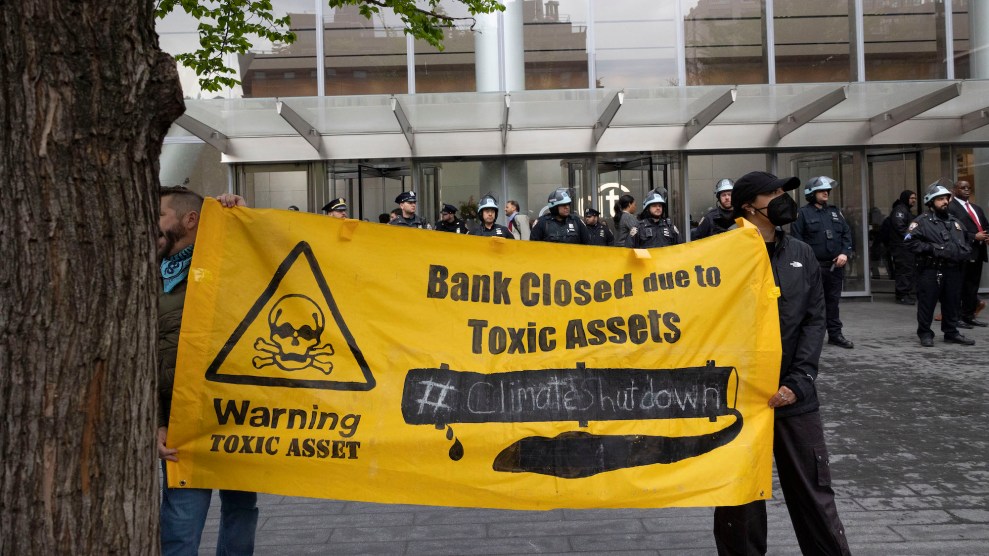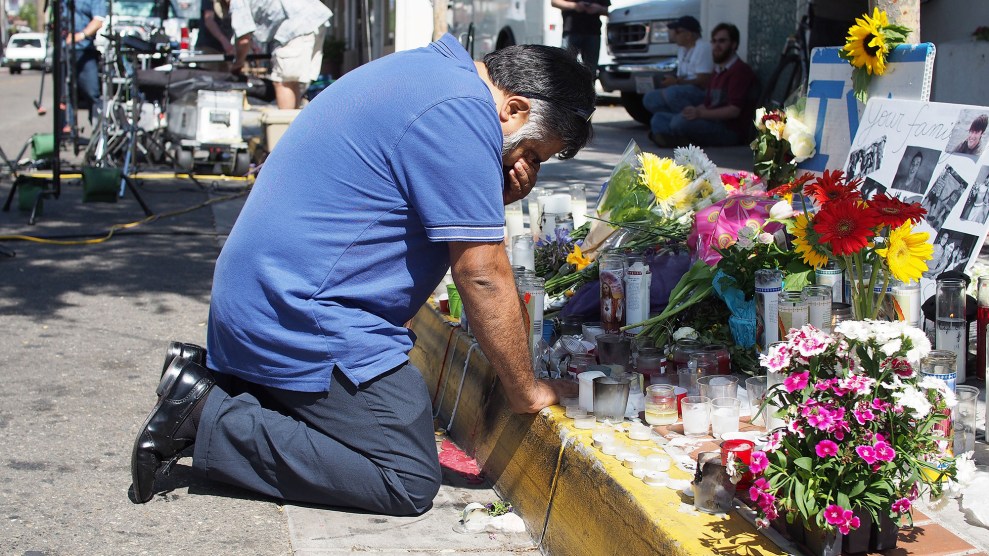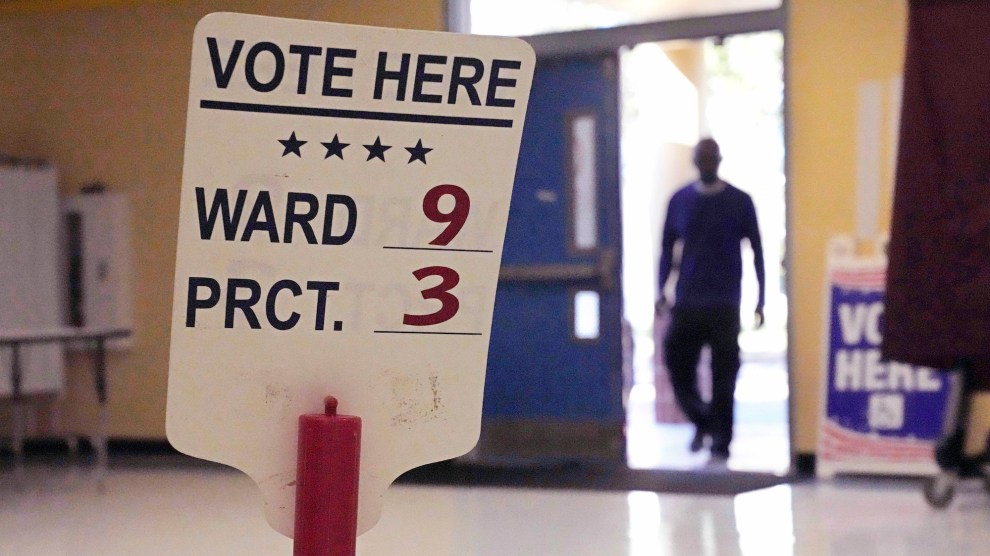For years, Dell Computer Corp. was known as one of the tech industry’s environmental slackers; in 2003, green groups gave it an “F” on a “clean computer” report card. Today, Dell has a program to recycle almost all of its PCs, has purged new products of six toxic substances, and is working to remove other hazardous materials.
But Dell didn’t get religion on its own: Its conversion was prompted by a tough new set of European Union regulations that is transforming American business in a way no U.S. law has in recent years. Last summer, the Europeans began enforcing new restrictions on lead, mercury, and four other hazardous substances, flat-out banning violators from selling to Britain and the Continent. Palm had to stop shipping its Treo 650 (a move that sent its share price plunging), and Apple admitted that it had “withdrawn a few products from sale in Europe,” though it wouldn’t say which ones. In all, 75 percent of U.S. tech companies have eliminated the banned substances from their products. “It has just caused an enormous amount of teeth-gnashing and a lot of reactive scrambling,” says Michael Kirschner, president of Design Chain Associates, a consulting firm.
The electronics regulations are just the beginning. By the end of 2006, the EU aims to pass a broader toxics law that radically revises how companies must evaluate potential dangers: Rather than being presumed safe until proved dangerous, chemicals will have to be shown to be harmless (though exactly how has yet to be determined). Dell broke ranks recently with industry skeptics and the Bush administration to support the law, joining European manufacturers such as Nokia in a pledge to phase out dozens of potentially harmful substances. Other companies, including Apple and Motorola, have resisted making such commitments. “The irony is everyone thinks Apple is hip and cutting-edge,” says Alexandra McPherson, project director for the nonprofit advocacy group Clean Production Action. “This really showed they’re still behind in understanding the global marketplace.”
Back home, federal inaction has spawned a confusing, and sometimes contradictory, hodgepodge of state, local, and corporate toxics programs. For example, last year California launched a computer-monitor recycling program funded through a tax on new computers; in Washington state and Maine, manufacturers are responsible for recycling their products. Dell now has a nationwide policy of taking back all its used computers, just as it is required to do in Europe; Apple, by contrast, only accepts old machines in trade for new ones. “What the industry needs,” says consultant Kirschner, “is something that’s national and works.”
















